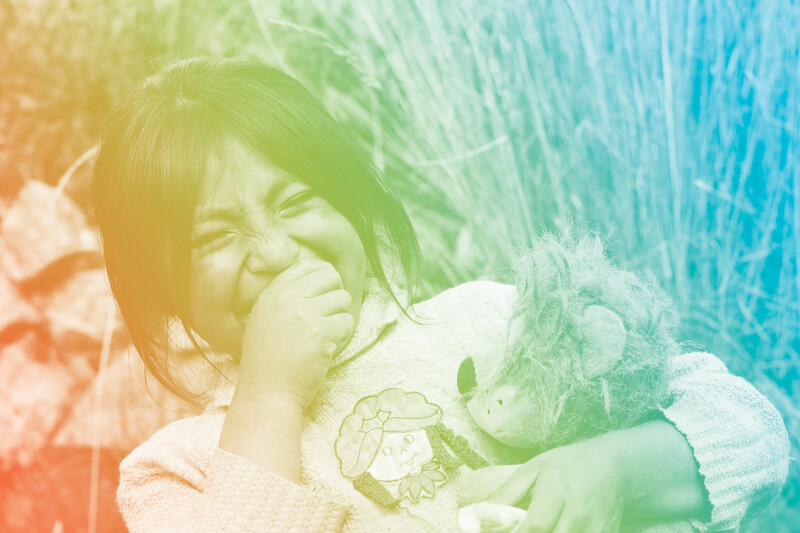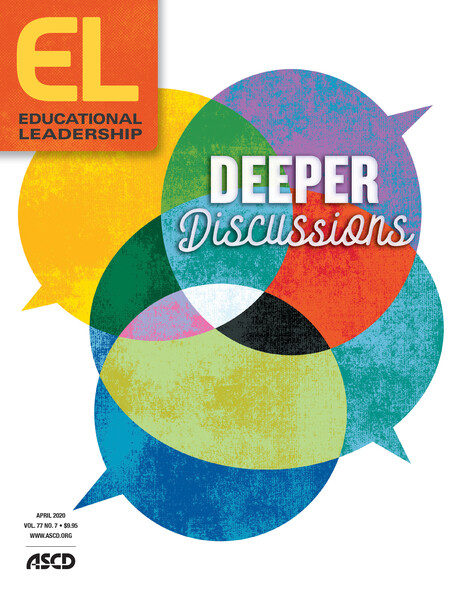Education is the cornerstone of participatory democracy and a key for igniting economic development and personal success in a global marketplace. It is also our best hope for devising solutions for the myriad problems threatening the sustainability of our planet and the diverse people, plants, and animals who call it home. The knowledge, skills, values, and mindsets that will allow children to flourish and contribute great things to local and global communities address cognitive, social, emotional, physical, and behavioral aspects of development.
Key Whole Child Indicators Related to Discussion
Whole Child Spotlight: On Discussion Skills-table
Safe | 7 | Our school teaches, models, and provides opportunities to practice social-emotional skills, including effective listening, conflict resolution, problem solving, personal reflection and responsibility, and ethical decision making. |
|---|---|---|
| Safe | 8 | Our school upholds social justice and equity concepts and practices mutual respect for individual differences at all levels of school interactions—student-to-student, adult-to-student, and adult-to-adult. |
| Engaged | 3 | Our school policies and climate reinforce citizenship and civic behaviors by students, family members, and staff and include meaningful participation in decision making. |
| Engaged | 6 | Our curriculum and instruction promote students' understanding of the real-world, global relevance, and application of learned content. |
| Supported | 10 | All adults who interact with students both within the school and through extracurricular, cocurricular, and community-based experiences teach and model prosocial behavior. |
| Challenged | 2 | Our curriculum and instruction provide opportunities for students to develop critical-thinking and reasoning skills, problem-solving competencies, and technology proficiency. |
| Challenged | 8 | Our curriculum and instruction develop students' global awareness and competencies, including understanding of language and culture. |






